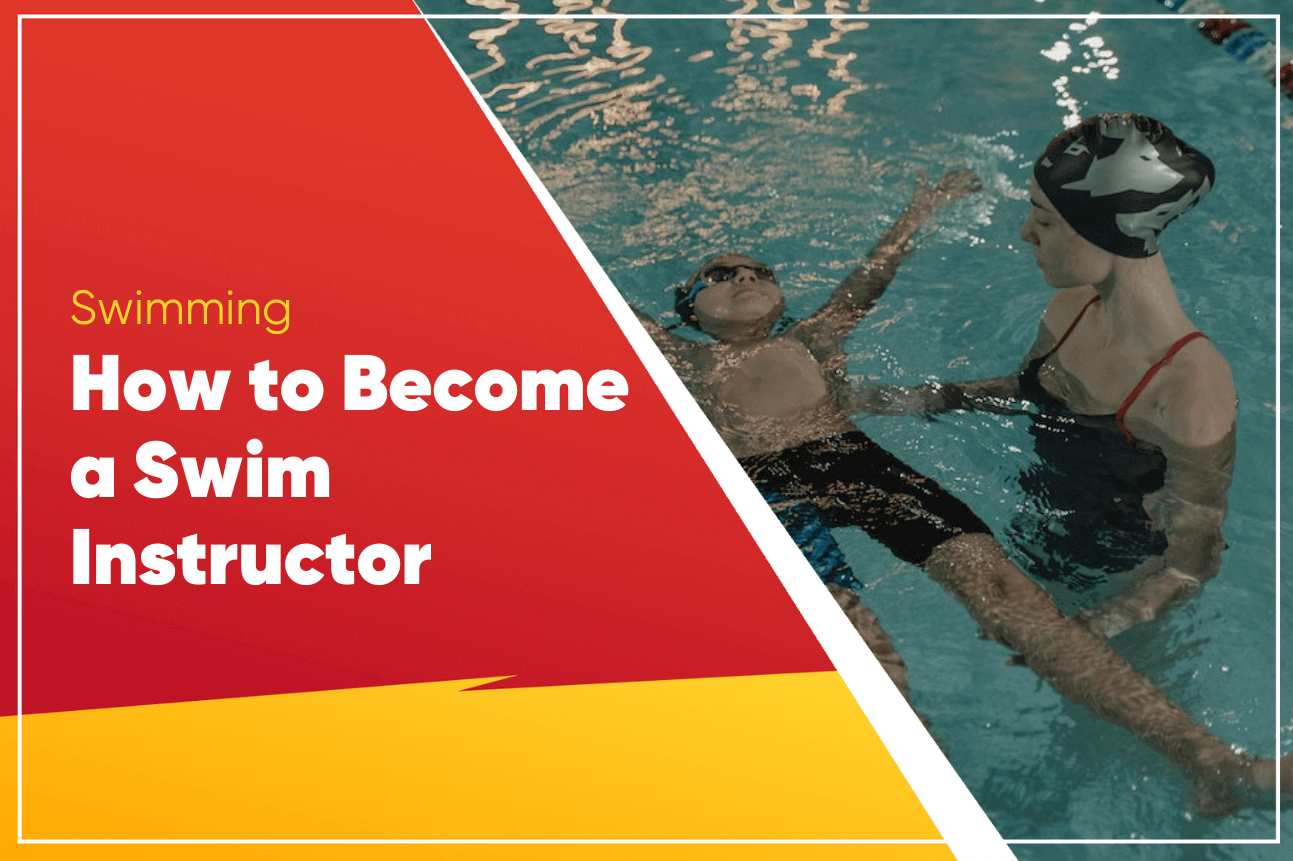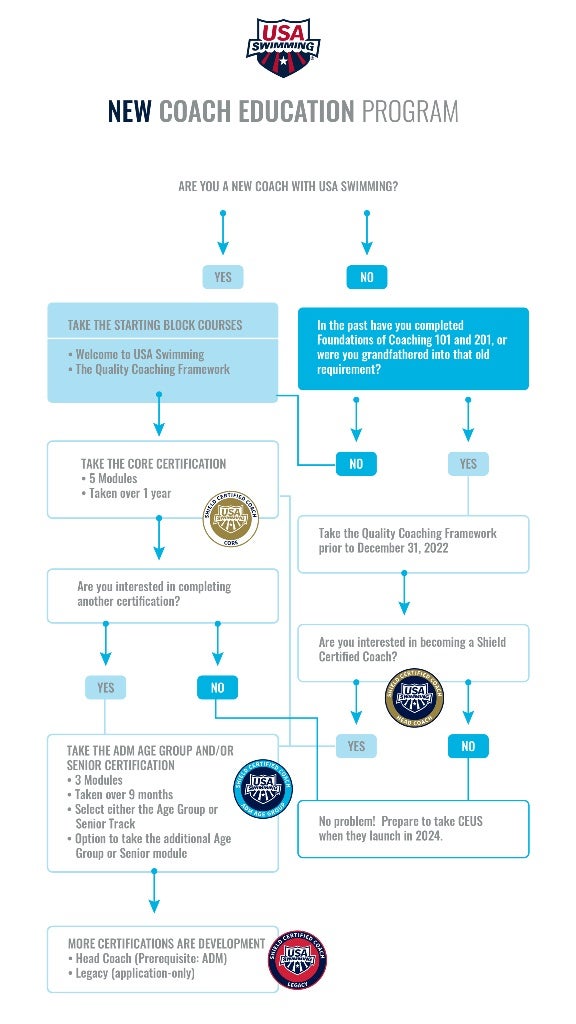Swimming is not just a popular sport in the USA; it’s a way of life for many. Whether you are looking to share your passion for the water, help others improve their swimming skills, or pursue a career in coaching, becoming a swim coach can be a fulfilling journey. In this article, we’ll explore the step-by-step process to becoming a swim coach, providing insights into certifications, essential skills, and local cultural experiences that will help you along the way.
Understanding the Role of a Swim Coach
A swim coach plays a critical role in the development of swimmers at all levels, from beginners to elite athletes. Coaches are not just responsible for training; they also mentor, motivate, and create a positive environment for their athletes. Here are some key responsibilities:
- Designing training programs tailored to individual swimmer’s needs.
- Conducting swim practices and providing feedback.
- Promoting water safety and stroke techniques.
- Organizing and attending swim meets and competitions.
- Building team spirit and encouraging personal growth.
The Path to Becoming a Swim Coach
1. Assess Your Passion and Skills
Before diving into the specifics of certifications and training, it’s crucial to evaluate your own passion for swimming and coaching. Ask yourself:
- Do you have a background in swimming?
- Are you comfortable at teaching and communicating with others?
- Do you have leadership qualities and the ability to motivate others?
2. Obtain Relevant Certifications

Having the right certifications is vital for credibility and effectiveness as a swim coach. Here are key certifications to consider:
| Certification | Organization | Focus Area | Duration |
|---|---|---|---|
| American Swimming Coaches Association (ASCA) Level 1 | ASCA | Fundamentals of Coaching | Online course |
| USA Swimming Coach Certification | USA Swimming | Coaching Techniques & Safety | Varies |
| First Aid and CPR Certification | American Red Cross | Emergency Response Skills | 1-2 days |
| Water Safety Instructor (WSI) | American Red Cross | Swimming and Water Safety | 2-3 days |

Pros and Cons of Different Certifications
1. ASCA Certification
Pros: Comprehensive coaching education, recognized nationally.
Cons: Requires ongoing education for maintenance.

2. USA Swimming Certification
Pros: Specialized training in competitive swimming.
Cons: Can be expensive and time-consuming.
3. First Aid and CPR Certification
Pros: Essential for safety, boosts confidence.
Cons: Needs regular recertification.

3. Gain Experience
Hands-on experience is invaluable. Start by volunteering at a local swim team or teaching swim lessons. Consider internships with established coaches or clubs to get a better understanding of how to conduct practices and manage a team.
Local Cultural Experiences
If you’re in sunny California, for instance, community pools often have programs where you can shadow experienced coaches. In states with strong aquatic traditions like Florida or Texas, join local swim associations to connect with other coaches and athletes.
4. Develop Coaching Skills
Successful coaches possess a mix of technical skills and soft skills:
Technical Skills
- Stroke mechanics and techniques.
- Understanding of swim training methods.
- Workouts and drill design.
Soft Skills
- Communication and interpersonal skills.
- Motivation and encouragement.
- Leadership and conflict resolution.
5. Networking and Community Involvement
Engage with other coaches through social media platforms and local swim associations. Participate in coaching clinics and workshops to stay updated on the latest trends in swimming and coaching methodologies.
Consider joining platforms like CoachTube or SwimSwam, where you can find resources, courses, and community support.
Useful Resources for Aspiring Coaches
Here are some noteworthy platforms and services for swim coaches:
| Platform/Service | Description | Pros | Cons |
|---|---|---|---|
| SwimSwam | Swimming news and coaching resources | Latest industry news, articles | Requires regular browsing for relevant content |
| CoachTube | Online coaching courses | Diverse learning formats, expert guidance | Cost per course may accumulate |
| TrainingPeaks | Workout planning and tracking | Data-driven insights, athlete monitoring | May be complex for beginners |
| USA Swimming Membership | Access to coaching resources and events | Networking opportunities, coaching clinics | Annual fee for membership |
Career Opportunities for Swim Coaches
Becoming a swim coach can open various career paths, including:
1. Working with a Swim Team
Join a local swim club or high school team, focusing on developing swimmers for competitions.
2. Private Coaching
Offer personalized training sessions, which can be lucrative and fulfilling.
3. Swim School Instructor
Work at a swim school teaching basic swimming skills to children and adults.
4. Aquatic Program Coordinator
Manage aquatic programs at community centers, focusing on safety and skill development.
FAQs About Becoming a Swim Coach
What qualifications do I need to become a swim coach?
While not always required, certifications such as ASCA or USA Swimming are highly recommended. Additionally, having First Aid and CPR certification is essential for safety.
How do I find swim coaching opportunities?
Check local swim clubs, schools, and community centers. Websites like SwimSwam or networking through social media can also provide leads.
Can I coach if I have no formal experience?
Yes, you can start by volunteering or assisting experienced coaches. Gaining knowledge and practical experience is key.
What is the average salary for a swim coach in the USA?
According to the Bureau of Labor Statistics, the average salary varies widely based on location and experience but typically ranges from $30,000 to $60,000 annually.
Are there opportunities for advancement in swim coaching?
Yes, with experience and additional certifications, coaches can advance to higher positions within swim clubs, competitive teams, or even become head coaches at colleges.
Conclusion
Becoming a swim coach requires dedication, passion, and a willingness to continuously learn. By following the steps outlined above and embracing the cultural richness of swimming communities across the USA, you can embark on a rewarding career that positively impacts the lives of swimmers. Whether you’re helping a child learn to float or coaching an elite athlete to victory, the role of a swim coach is both challenging and incredibly fulfilling.
For further reading and resources, feel free to check out the USA Swimming official website and explore their wealth of information regarding coaching guidelines and certification programs.